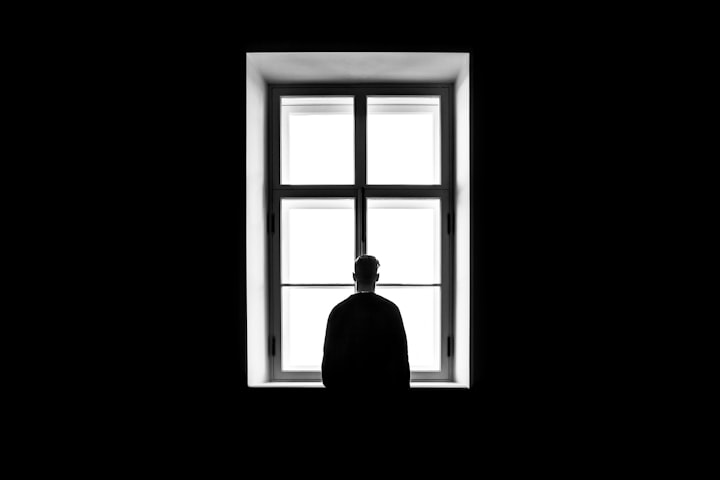
Imagine being confined to a 10 by 10-foot room with no windows, timekeeping devices, phones, books, and nothing to write on. According to psychologists, complete isolation can be a harrowing experience that can lead to brain damage in fewer than three days. I will be staying in this room for three days, and it's clear that I am on the border of misery.
Even in a city surrounded by people, it's possible to feel lonely or bored. Our brains are like hungry sponges, constantly absorbing information. They thrive when stimulated, and thousands of sensations are continually going into our heads between smartphones, books, movies, friends, and family. But what if it all got cut off? What is boredom anyway? It's believed to be an emotion that's a less intense form of disgust. A visual representation of emotions developed by Robert Plutchik shows that boredom shares a spoke with disgust and loathing. They are different intensities of the same sentiment.
Boredom pushes us away from low-stimulus situations because variety and stimulation lead to neurogenesis and brain cell growth. We are here today doing what we do because boredom has guided us toward greater and greater challenges and more extensive and complex brains. So, what is it like to be deprived of the sensations and social interactions many of us take for granted?
A landmark study at Harvard and Virginia Universities found that students prefer to experience physical pain over 15 minutes of boredom. To demonstrate the incredible lengths people will go to avoid boredom, we brought in an unsuspecting subject for what he believes to be a focus group. We begin by introducing a set of stimuli, one of which is very unpleasant.
Our fake focus test continues, and we ask the subject if he wants to experience the unpleasant stimulus again. He says he does not want to repeat it because it shocked him. Now, it's time for the actual test of boredom.
The subject is asked to remain in a room for 30 minutes with no stimulation other than an electric shock button. At the moment of truth, when the only two options are boredom or painful shock, which will our subject choose? He's not even looking at the button.
It hasn't even been a minute yet, and the subject is already restless with nearly a half-hour to go and no other stimulation in the room. Nevertheless, the shock button is a tempting object to occupy his mind. Remember what he said a few minutes ago? "I don't want to do that again." But will he crave stimulation that he goes ahead and pushes that button?
It takes precisely one minute and 57 seconds of boredom for the subject's mind to go from "never again" to "Sure, I'll give myself an electric shock to relieve boredom." Sometimes, any stimulation is perceived as better than none at all. This guy doesn't like being bored, but can he resist touching the button a second time?
We're social animals, whether it's another human or a volleyball or an electric shock button. You'll make friends with whatever you need to. The subject admits to being bored and pressing the button twice despite saying he didn't want to do it again. The hypothesis is that when left alone with a very negative stimulus, people will go ahead and re-experience it just because it's something to do.
We dislike being bored so much that sometimes physical pain is preferable. But intentionally putting yourself into what would seem to be the most boring situation imaginable can lead to surprising results. Like many of us, the subject in our experiment could not resist the temptation to press the button. It's a reminder that we need stimulation and social interaction to thrive. It's also a reminder to have compassion for those experiencing isolation and boredom.





Comments
There are no comments for this story
Be the first to respond and start the conversation.